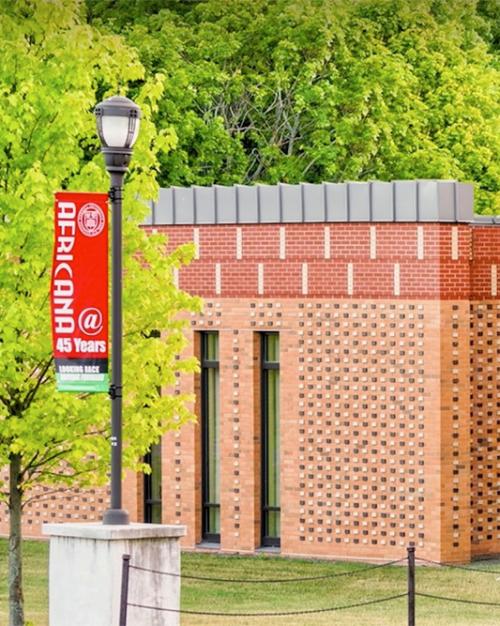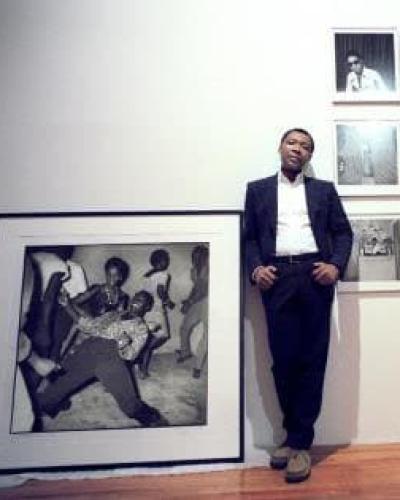After several years in Karachi developing artistic and research projects, I [Iftikhar Dadi] returned to the US in 1998 to work on a PhD in art history with Salah Hassan at Cornell University. Hassan and Okwui Enwezor were among the founders of the journal Nka, which remains a leading publication on contemporary African and diaspora art. Nka began publishing in 1994: its office has been housed at Cornell since 1995. Working with Hassan, I became aware of Enwezor’s groundbreaking exhibitions as well as his numerous writings. And when Cornell’s Institute for Comparative Modernities (ICM) started over a decade ago with Hassan as director and myself as faculty, Enwezor was on ICM’s Advisory Board from its inception–this led to further interactions.
During the late 90s, academic art history as well as the museum world were both just beginning to come to grips with understanding modern and contemporary art as a multifaceted global development. At that time, Enwezor's curatorial projects had immense significance. His exhibitions were instantly recognizable by their ambitious range and depth, and the accompanying publications played an extremely vital role in disseminating his curatorial vision, and the work of emerging scholars and fellow travelers, within the academy and beyond.
Other curators were also beginning to grapple with art as a global practice, but they focused solely on contemporary artists–by now this has fully congealed into “global contemporary art,” a dubious and flattened conception of contemporaneity that is presumed to have flourished only in the wake of 1989. Enwezor’s diverse curatorial projects, however, not only addressed contemporary art from across the world, but also excavated the deeper lineages of modern art and decolonization since the early and middle decades of the 20th century.
Read the entire article in The Brooklyn Rail.





